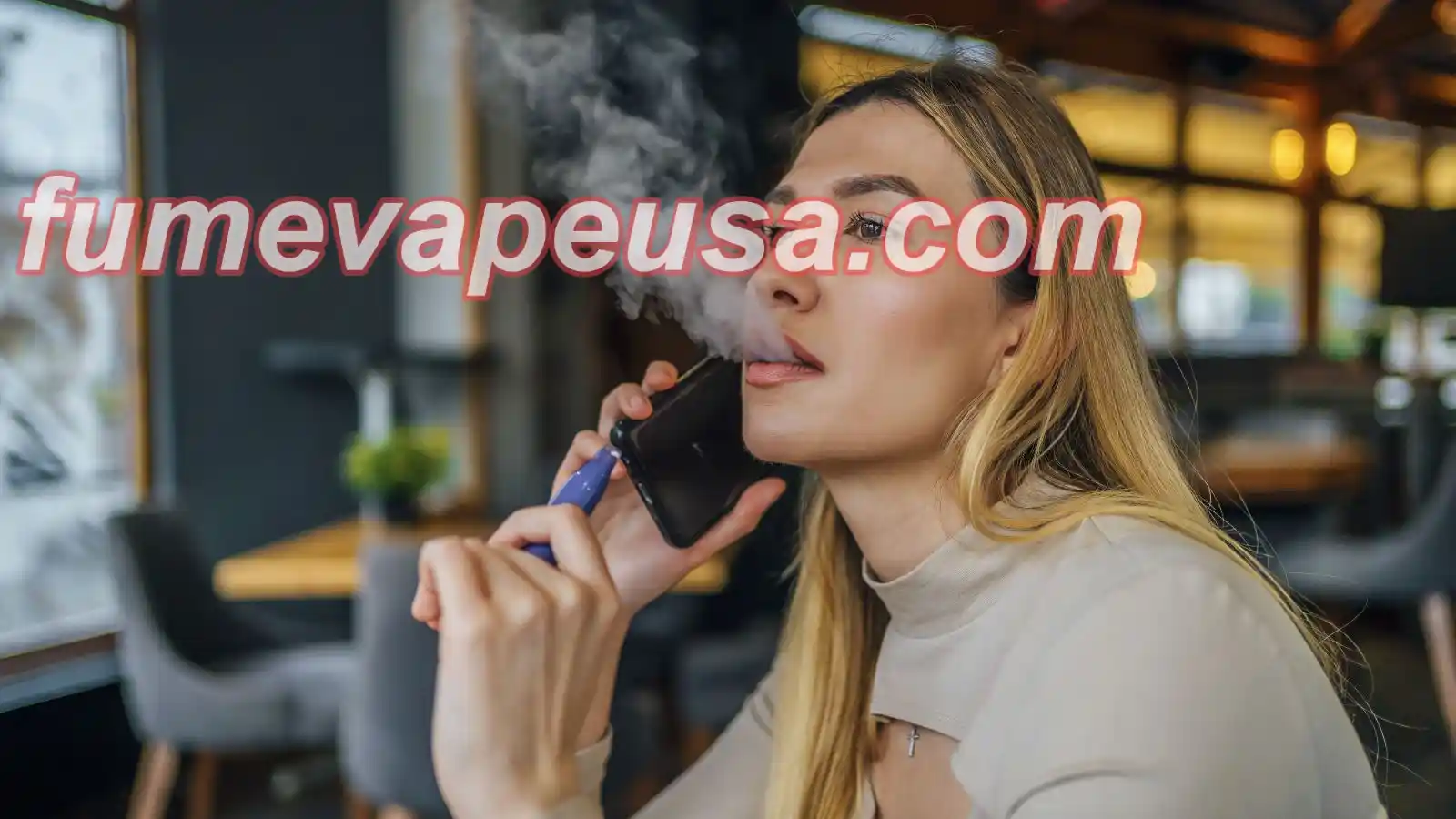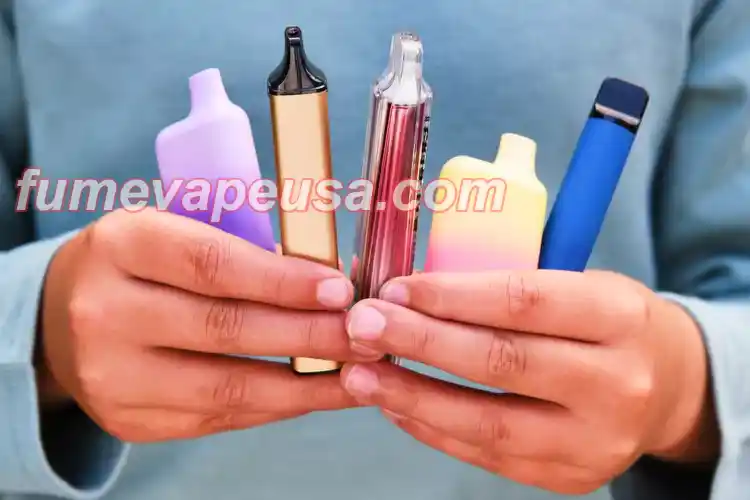Dutch Court Supports Flavor Ban on Vapes, Rejects Lawsuit from British American Tobacco
FDA Grants First Renewal of Sales Authorization for 8 General Snus Products
On January 10, 2025, the FDA (U.S. Food and Drug Administration) released an important announcement on its official website, stating that it has approved Swedish Match USA, Inc. for the renewal of sales authorization for eight general snus products. These renewed products can continue to be sold in the U.S. market, and the FDA has revised its risk statement for these products. According to the new statement, using general snus products as a substitute for cigarettes helps reduce a range of health risks, including oral cancer, heart disease, lung cancer, stroke, emphysema, and chronic bronchitis.
The eight general snus products include: General Loose, General Dry Mint Portion Original Mini, General Portion Original Large, General Classic Blend Portion White Large-12ct, General Mint Portion White Large, General Nordic Mint Portion White Large-12ct, General Portion White Large, and General Wintergreen Portion White Large. These products have been FDA-approved for sale since 2019 and have passed the agency’s rigorous review to ensure their safety and effectiveness in the market.
Background of Risk Statement Revision and Renewal Authorization
This move by the FDA marks the first renewal of sales authorization for general snus products since 2015, accompanied by a revised risk statement. The new statement clearly indicates that these products significantly reduce the occurrence of various diseases, such as oral cancer and heart disease, compared to traditional cigarettes. However, the FDA also emphasizes that consumers must understand that, while these products present a reduced risk compared to smoking, they are not harmless, and long-term use can still lead to health issues.
Additionally, the FDA stated that these products were not approved through its standard approval process but rather via the Pre-market Tobacco Product Application (PMTA) pathway. This means that while these products can continue to be sold, their sale does not imply FDA’s full endorsement as “safe” products.
The FDA further pointed out that should future reviews determine that continued sales of these products no longer align with the best interests of public health, the agency has the authority to revoke this renewal authorization at any time. This provision reflects the FDA's commitment to public health and its rigorous approach to assessing product risks and benefits.
Scientific Basis for Modifying the Risk Statement
The FDA’s decision to revise the risk statement for these general snus products is based on thorough scientific research. The agency reviewed existing public health data and scientific studies, confirming the validity of the revised statement. According to the FDA’s evaluation, using general snus products is indeed safer than smoking cigarettes, particularly in terms of reducing the risks of several fatal diseases. The FDA also noted that consumers can better understand the relative risks of these products compared to smoking. Looking for a new fume vape? This one’s about to be your new go-to.
However, the FDA cautioned that the use of any form of tobacco products is not recommended for those who do not have a smoking habit. Even these scientifically reviewed and approved general snus products can still lead to oral health issues and other problems with long-term use. Therefore, the best choice remains to avoid using tobacco products altogether.
Legal Crackdown on the Sale of Tobacco Products to Minors
In line with actions by the U.S. FDA, many countries worldwide are tightening regulations on the sale of tobacco products, particularly to minors. For example, the Greek government is amending its laws related to alcohol and tobacco, with plans to impose stricter penalties on those who sell vapes and tobacco products to minors. This legislative change is a response to the increasing prevalence of vape use among minors, with the government aiming to strengthen protections for young people through new laws.
Once the new legislation is passed, retailers selling vapes, vape devices, and alcohol to minors will face harsher penalties, including potential imprisonment and large fines. This policy is intended to curb minors' exposure to harmful products and reduce their chances of being affected by tobacco-related health risks.
New Zealand’s Strict Tobacco Laws
New Zealand, as a global leader in tobacco control, continues to enhance its efforts against the illegal sale of nicotine products. Several tobacco retailers in Christchurch were fined for violating the Smoke-free Environments and Regulated Products Act by selling unlicensed cigars, single cigarettes, and other illegal tobacco products. New Zealand’s health authorities have intensified their crackdown on such illegal activities, aiming to ensure that tobacco products are only available for adult purchase and to prevent minors from being exposed to these harmful substances.
The health department stated that while most retailers comply with the law, there are still some violations, particularly concerning illegal sales to minors. To protect public health, the government will continue to strengthen enforcement against such offenses, ensuring that legal sales channels for tobacco and vape products are not abused.
Netherlands Court Upholds Vape Flavors Ban
In Europe, a Dutch court recently ruled that the Dutch government’s ban on flavorsed vapes is lawful, rejecting lawsuits from British American Tobacco and Nicoventures. The Dutch government announced the flavors ban in 2020, prohibiting all vape flavorss except tobacco, arguing that sweet-flavorsed vapes are more attractive to young people and could lead them to start smoking. The court ruled that the state has the right to take such measures in the context of public health, especially to reduce the risk of youth smoking.
This ruling means that the Netherlands will continue to enforce strict vape regulations, unaffected by commercial interests. The court emphasized that public health policies should take precedence over business interests, and the state has a responsibility to protect young people from the harms of tobacco and nicotine.
UK Tobacco and Vape Bill
The UK government has recently proposed a new tobacco and vape bill, which includes a series of strict measures to further reduce youth smoking rates and protect the public from secondhand smoke. One of the most notable provisions is the ban on the sale of cigarettes and vapes to anyone aged 15 or under. The proposed bill represents a key step in the UK government’s goal of creating a “smoke-free generation.”
Although the bill is stringent, it has faced some controversy. For example, a proposal to ban smoking outside pubs and cafes was scrapped due to concerns over its potential negative impact on the hospitality industry. Nevertheless, the UK government remains committed to strict legal controls over tobacco and vape sales, particularly limiting young people’s access to these products.
Conclusion
From the FDA’s first renewal of sales authorization for general snus products to stricter tobacco product regulations in multiple countries, it is clear that governments and health agencies worldwide are taking stronger actions to address the public health risks posed by tobacco products. While tobacco products still carry health risks, through scientific reviews, policy adjustments, and legal enforcement, authorities are striving to minimize the harm caused by these products, especially among young people.
Whether it is the FDA’s revised risk statement or the laws and policies in New Zealand, the Netherlands, Greece, and the UK, these measures reflect the growing global trend of tighter regulation of tobacco products and vapes. As understanding of the harms of tobacco deepens, more countries may adopt similar stringent regulations in the future, aiming to advance the global goal of a smoke-free society.
